The State of Vaping in 2020

It's been a wild ride of headlines from the end of last year through now. Flavor bans, T21, tax hikes and a looming PMTA deadline round out what could be the most important year for access to smoke free alternatives.
T21 becomes law of the land
As the calendar flipped over, the federal minimum age to purchase tobacco and vapor products rose from 18 to 21 years of age. President Trump signed the legislation on December 20th, 2019. Before the federal move, T21 saw a patchwork of places where it passed. Several states and a significant number of major cities had already taken the steps but the new FDA rule settles the matter.
Closed systems go down ahead of looming PMTA deadline
Amid a flurry of political and media panic, talk of an immediate FDA flavor ban put manufacturers, vape shops, and consumers on high alert for months. White House officials, industry leaders, and health groups participated in a round table discussion about the future of flavors in the United States.
When the dust settled, a flavor ban was indeed announced. Effective immediately, closed-system pod flavors were to come off the market and await FDA approval through the PMTA process. This meant that JUUL, easily the largest and most notorious vapor company, had to cease sales of all flavors besides tobacco and menthol. Other disposable and single-use pod systems were subject to the same rules. Open systems remained unaffected by the new rule.
Most flavors spared, for a few months
Bottles of your favorite flavors may have been saved for a moment, but the PMTA deadline of May 10th remains unchanged. By then, all flavor manufacturers must complete the lengthy and still largely unclear application process in order to keep their products on the market.
Shops that submit PMTA applications have a small window to remain open while their products are reviewed. The FDA will process applications as fast as they can, but the enormous workload is likely to be as lengthy as it is confusing. Vape stores in some states and cities have had even worse luck as politicians become impatient with the federal process that exists.
Health and Human Services Secretary Alex Azar told the Scott Sands Show podcast that the PMTA process would be "streamlined" for small businesses. Further clarification on exactly what that means remains to be seen.
States and Cities take action
News broke in August and September about an outbreak of lung injuries. Although broadly blamed on vaping as a whole, FDA experts began ruling out commercially available nicotine vapes as early as September. The CDC didn't make the distinction for months. The confusion of cause can be seen in public statements from city council meetings across the nation as cities and states took regulation matters into their own hands.
The effects of this confusion bleed over directly into public policy. Many local officials cited the lung injury outbreak as the primary reason flavor bans were so necessary in places like St. Louis Park, Minnesota and other cities across the country. Stranger still, is how places like St. Louis Park have no independent vapor stores within city limits.
Smokeless will have regularly updated resources available for consumers and shop-owners to keep up with the ever-changing landscape.
The Way Forward
It's election season. This year may be the most pivotal for the vapor industry, but it happens to line up with a political season where candidates and staff are particularly receptive to voter feedback.
Remember: We Vape, We Vote!
Reach out to your local politicians, candidates and incumbents alike. Attend town-hall meetings and make your voice heard.
Remember to subscribe to our newsletter and follow out Facebook page to stay connected!
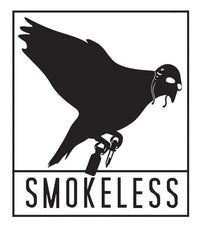
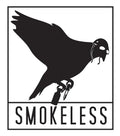
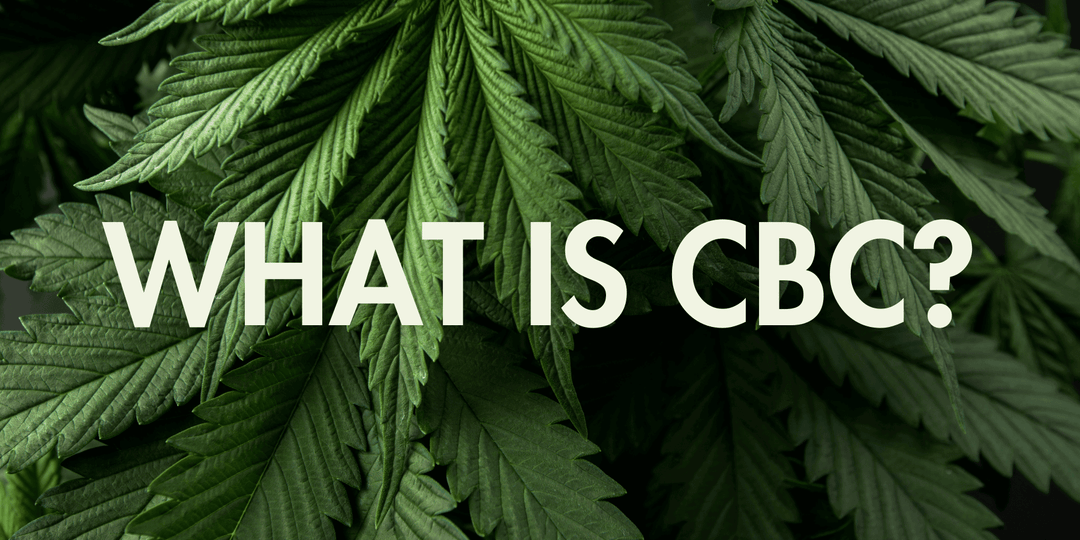
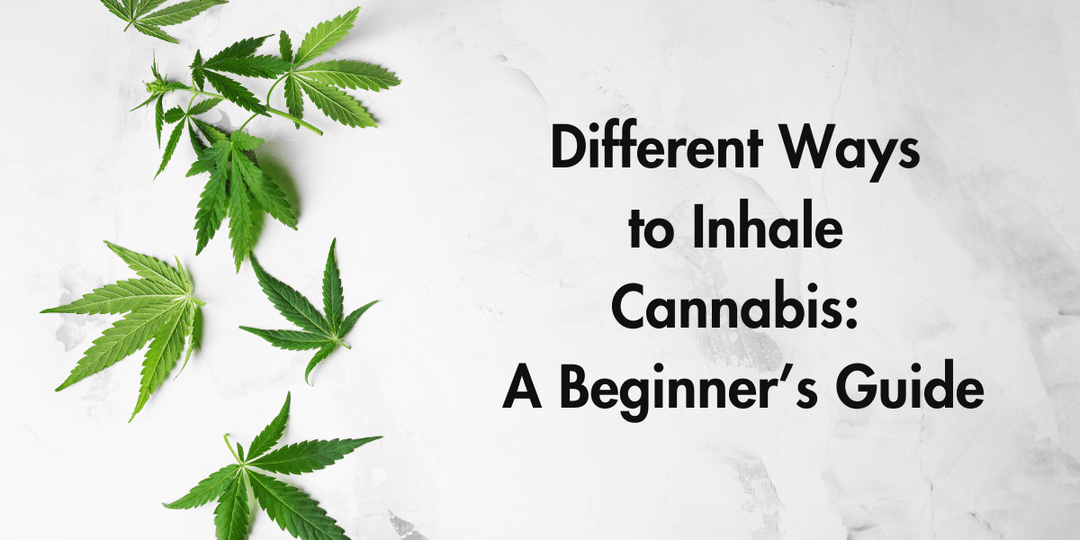
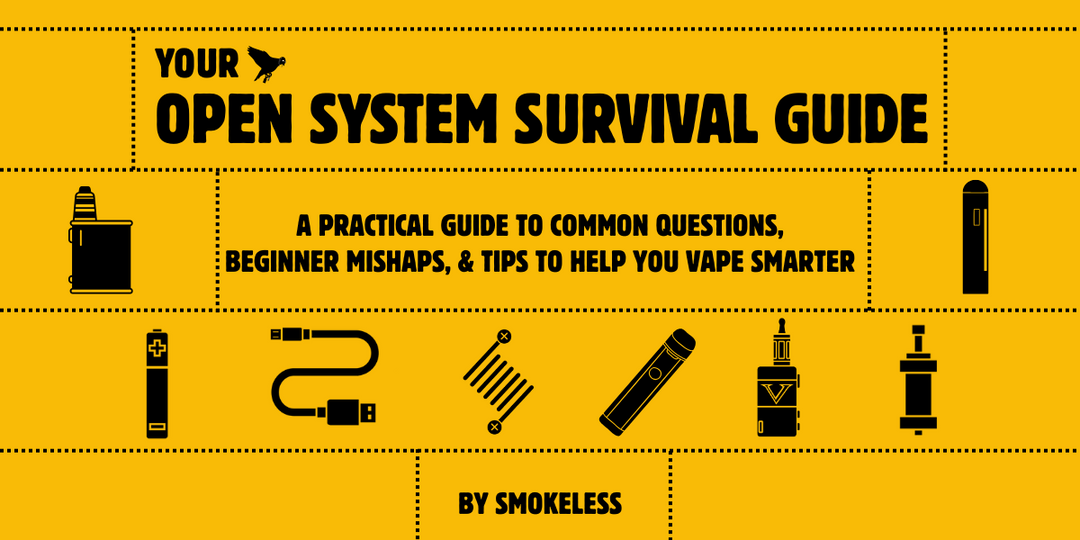
Leave a comment